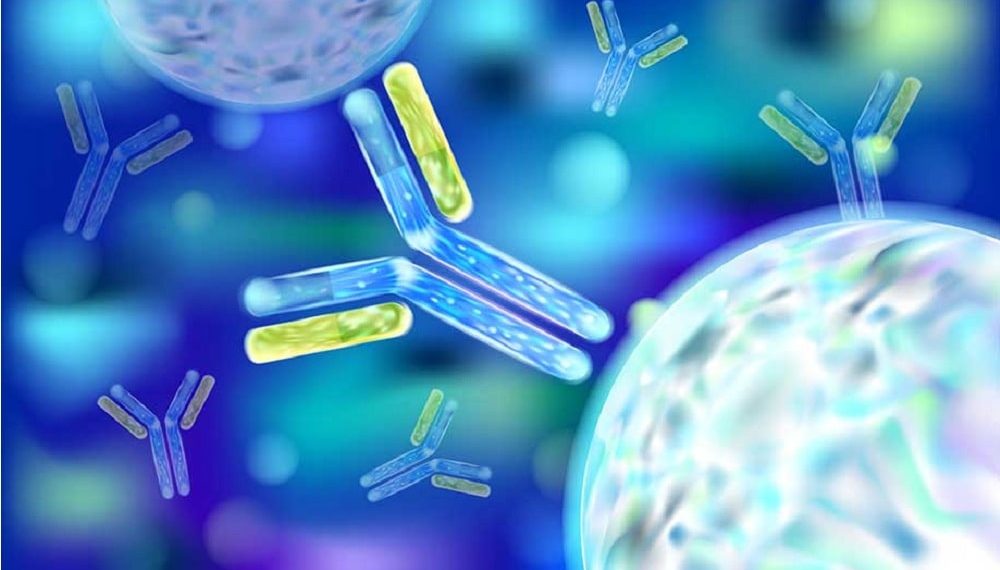Aichi Cancer Center (1) and Fujitsu Limited announced the development of an AI solution able to select effective medical treatment from a wide range of drugs based on patients’ individual cancer types and various genomic variants.
The effectiveness of the new solution has been verified in clinical trials by physicians at Aichi Cancer Center.
With current cancer genomic medicine in Japan, treatment plans are considered based on the patients’ unique circumstances, including the type of cancer and the actionable genomic variants detected in cancer cells.
Specialists for cancer drug treatment thus rely on their own experience, knowledge, and medical literature to study treatment strategies in order to find the best possible medication for the patients’ individual conditions.
Test data of effective medical treatment of different cancer types and genomic information in external databases, which are sorted and managed based on different keywords and rules, remain difficult to use.
Combining the know-how of Aichi Cancer Center in drug selection and Fujitsu’s AI-based data-integration technology, the new solution is able to sort and combine these data under common keywords and a single data format and generate a structured data of knowledge, called Knowledge Graph, in order to find the medications that are likely to be highly effective for each patient (3).
Aichi Cancer Center and Fujitsu anticipate that the new solution will contribute to a significant reduction in the time required for physicians to estimate the effectiveness of drugs in a clinical setting, as well as to conduct research about data that can be used as evidence for their estimations. It will furthermore help physicians to effectively and precisely choose the medicine expected to achieve the best results based on patients’ genomic variants and to achieve better results by avoiding unnecessary treatments.
Aichi Cancer Center and Fujitsu will continue cooperation to further enhance the application of AI technology in cancer genomic medicine in order to contribute to further achievements in this field.
Background
Cancer is the leading cause of death in Japan, and the number of new cases now exceeds one million per year with the trend rising in recent years.
Therefore, cancer genomic medicine or precision oncology, a form of personalized medical care based on the genomic variants in each cancer, has been gaining increasing attention. Although a nationwide system to enhance cancer genomic medicine has been established in Japan, the shortage of specialists in this field represents a major issue.
The current situation thus demands further expansion of programs to train medical specialists as well as the development of an AI with capabilities comparable to those of medical specialists in order to support more effective medical treatment.
In November 2019, Aichi Cancer Center and Fujitsu concluded a comprehensive joint research agreement (4) in order to drive the application of AI technology in the field of cancer genomic medicine and jointly promoted R&D of technologies and systems applied during clinical tests.
About the newly developed technology
Drawing on Aichi Cancer Center’s knowledge of drug selection with Fujitsu’s AI-based data-integration technology, the new solution enables users to organize information like test data of effective medical treatment for different cancer types and genomic variants in external medical databases by grouping information under common terms and data formats.
The new system is also able to build a Knowledge Graph by automatically linking data with the same underlying subjects (5).
For cancer treatment, the system can deliver an objective score about the expected level of effectiveness of a planned course of treatment based on the information about the patients’ cancer type and genomic variants. In this way, the system can help to efficiently narrow down the number of possible options of drugs that are likely to be highly effective for each patient.
Moving forward, by combining this system with Fujitsu’s AI technology for language processing which identifies terms and phrases used in research papers from context (6), physicians will be able to instantaneously refer to relevant information from a total of more than 1.2 million medical papers when evaluating the effects of a planned course of treatment. Thus, this new system will not only help physicians to verify the validity of their drug selections but also to improve the overall efficiency of their work.
During the current verification trials, which were supervised by an expert panel (7) at Aichi Cancer Center, the system was used to evaluate the effects of drug treatment with approximately 450 patients. Results showed that standard treatments for eight different genomic variants could be successfully determined.
The system also proved to be efficient in identifying drug candidates (8) from a wide range of treatments based on an objective score of the effectiveness of medications and the characteristics of related cancer cells.
Based on the system results, physicians will be able to efficiently collect various information about the level of effectiveness of a specific treatment based on the genomic variants of individual patients.
In this way, the new system will help to create an environment where physicians will be able to choose appropriate medications and to propose new treatments even if they are not specialists with a high level of knowledge in cancer genomic medicine.
Future plans
Aichi Cancer Center and Fujitsu will continue collaboration in order to verify and improve the ability of the current system to integrate and output data from multiple databases and actively promote the full-scale introduction of an easy-to-use system in clinical practice of cancer genomics.
The two partners will furthermore strive to develop an intra-hospital information integration environment to assist the expert panel with a solution that enables a more accurate, efficient, and stress-free selection of the right treatment for their patients in order to contribute to a more personalized approach to cancer treatment.
Aichi Cancer Center and Fujitsu will furthermore consider using the improved system to determine the start or participation of clinical trials by adding clinical information and to propose potential new drug targets through analyzing integrated data from a research perspective.
Both parties will continue to improve the system to make the results more reliable and user-friendly, with the aim of expanding its use to Japanese hospitals nationwide that provide cancer genomic medicine.
Fujitsu plans to continue practical use of the technology in clinical settings, to ultimately offer customers new solutions to support their well-being (9) and “Healthy Living” (10). Based on the results from the current trials, Fujitsu also aims to develop a new AI technology able to recommend new treatment methods by linking clinical data extracted from electronic medical record systems and genome data in order to create various solutions to improve the quality of life of each patient.
(1) Aichi Cancer Center:
Location: Nagoya, Aichi Prefecture; President: Takashi Takahashi
(2) Genomic variants:
Structural alterations in the genome.
(3) Knowledge Graph:
A dataset that uses connections representing relationships between information collected from a variety of textual information sources such as essays and research results.
(4) A comprehensive joint research agreement:
“Fujitsu Laboratories and Aichi Cancer Center in Japan Sign Comprehensive Joint Research Agreement to Drive Advances in Cancer Genomic Medicine with AI Technology” (November 29, 2019; Press release)
(5) Automatically linking data with the same underlying subjects:
“Fujitsu Laboratories Develops Technology for Automatically Linking with Open Data throughout the World”(January 16, 2014; Press release)
(6) Fujitsu’s AI technology for language processing which identifies terms and phrases used in research papers from context:
“Fujitsu Improves Efficiency in Cancer Genomic Medicine in Joint AI Research with the Institute of Medical Science at the University of Tokyo” (November 6, 2019; Press release)
(7) Expert Panel:
Committee of experts that analyses the patients’ genomic variants and determines individual treatment strategies based on the results
(8) Drug candidates:
For example, researchers found that EGFR inhibitors were effective under certain conditions when the BRAF protein was mutated as denoted “G466V”.
(9) Well-being:
State of physical, mental, and social well-being
(10) “Healthy Living”:
One of Fujitsu’s seven key focus areas



















